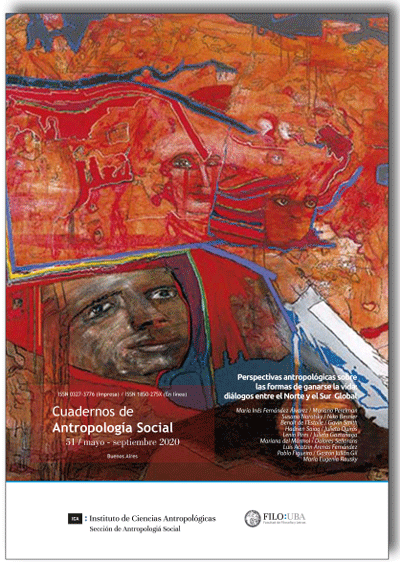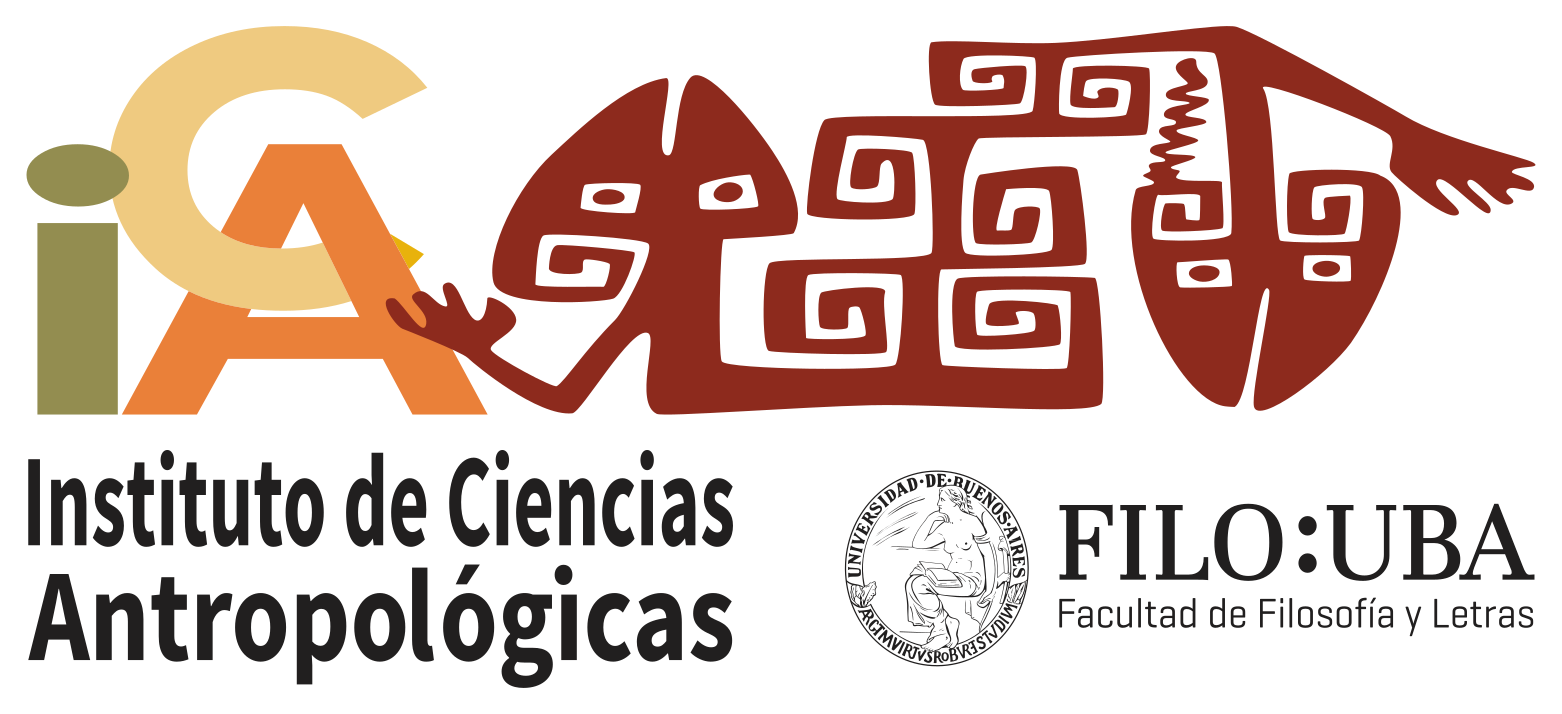Reflections on the changing sphere of social reproduction and class struggle: cases from Peru and Spain
Abstract
What does the term “social reproduction” refer to? I suggest at the beginning of this article first that, despite its common use, we use the term to cover quite different and often inconsistent activities; and second, that according to any definition, the scope of “social reproduction” changes according to historically specific forms of capitalism. Using two cases, one in central Peru from 1950 to 1970 and the other in the south of the Pais Valenciano (Spain) from 1970 to 2000, I suggest that the 'livelihoods' that people have to defend necessarily include both what we would call ‘the labour process’ narrowly defined as well as elements of the means of production that are needed so that they can pursue that labour process. Therefore, it is not only the capitalist who must ensure that the “working instruments are maintained” (Marx), but in these cases, the workers also have to do so. This effectively modifies the arena of what we would call “social reproduction” and, therefore, the politics associated with it.Downloads
References
Aruzza, C, T. Bhattarachya and N. Fraser, 2018 ‘Notes for a feminist manifesto’ New Left Review. 114 Nov/Dec 113-134.
Bhattecharya, Tithi. 2017: Social reproduction theory: remapping class, recentering oppression. Pluto, London.
Bourdieu, Pierre & J-C Passeron, 1977: Reproduction in education society and culture. Sage. NYC.
Burawoy, Michael. 1985: The politics of production. Verso. London.
Davis, Mike. 2007 Planet of Slums. Verso. London
Denning, Michael. 2010: “Wageless life” New Left Review.56 Nov-Dec
Federici, Silvia. 2012: Revolution at point zero: housework, reproduction and feminist struggle. PM Press. Oakland.
Fraser, Nancy. 2016: “Contradictions of capital and care” New Left Review 100: 99-117
Gimenez, Martha. 2018: “Capitalist social reproduction: the contradiction between production and social reproduction under capitalism.” Vidal, M, T. Smith, T. Rotta & P.Prew (eds) The Oxford Handbook of Karl Marx. [Online publication]
Hobsbawm, E.J. 1974: “Peasant land occupations” Past and Present. 62. 120-52.
Katz, Cindi. 2001: “Vagabond capitalism and the necessity of social reproduction” Antipode 709-20
Marx, Karl. 1976: Capital Vol I. trans. Ben Fowkes. Penguin, Harmondsworth
Mohandesi, Salar and Emma Teitelman. 2017: “Without reserves” in Bhattecharya op cit.
Moody, Kim. 1997: Workers in a lean world: unions in the international political economy. Verso. London.
Narotzky, Susana y AUTHOR. 2010: Luchas inmediatas: gente, power y espacio en la Espana rural. PUV. Valencia
Pahl, Ray. 1984: Divisions of Labour. Blackwell. Oxford.
AUTHOR 2014: Intellectuals and (Counter-) Politics: Essays in Historical Realism. Oxford Berghahn.
AUTHOR 2018: “Rethinking social reproduction in an era of the dominance of finance capital.” In Andreotti, A. D. Benassi & Y. Kazepov (eds): Western capitalism in transition.
Smith, Neil. 1996: The new urban frontier: gentrification and the revanchist city. Routledge, London.
Standing, Guy. 2011: The precariat: the new dangerous class. Bloomsbury Academic, London.
Webber, Jeffrey. 2015: “The indigenous community as ‘living organism’: José Carlos Mariátegui, romantic Marxism, and extractive capitalism in the Andes.” Theory and Society 44: 575-98.

Esta obra está bajo una Licencia Creative Commons Atribución 4.0 Internacional
Cuadernos de Antropología Social sostiene su compromiso con las políticas de Acceso Abierto a la información científica, al considerar que tanto las publicaciones científicas como las investigaciones financiadas con fondos públicos deben circular en Internet en forma libre, gratuita y sin restricciones.
Los contenidos y opiniones expresadas en los artículos publicados son de entera responsabilidad de sus autores.
Los autores/as que publiquen en esta revista aceptan las siguientes condiciones:
- Los autores/as conservan los derechos de autor y ceden a la revista el derecho de la primera publicación, bajo la licencia de atribución de Creative Commons, que permite a terceros utilizar lo publicado siempre que mencionen la autoría del trabajo y a la primera publicación en esta revista.
- Los autores/as pueden realizar otros acuerdos contractuales independientes y adicionales para la distribución no exclusiva de la versión del artículo publicado en esta revista (p. ej., incluirlo en un repositorio institucional o publicarlo en un libro) siempre que indiquen claramente que el trabajo se publicó por primera vez en esta revista.















